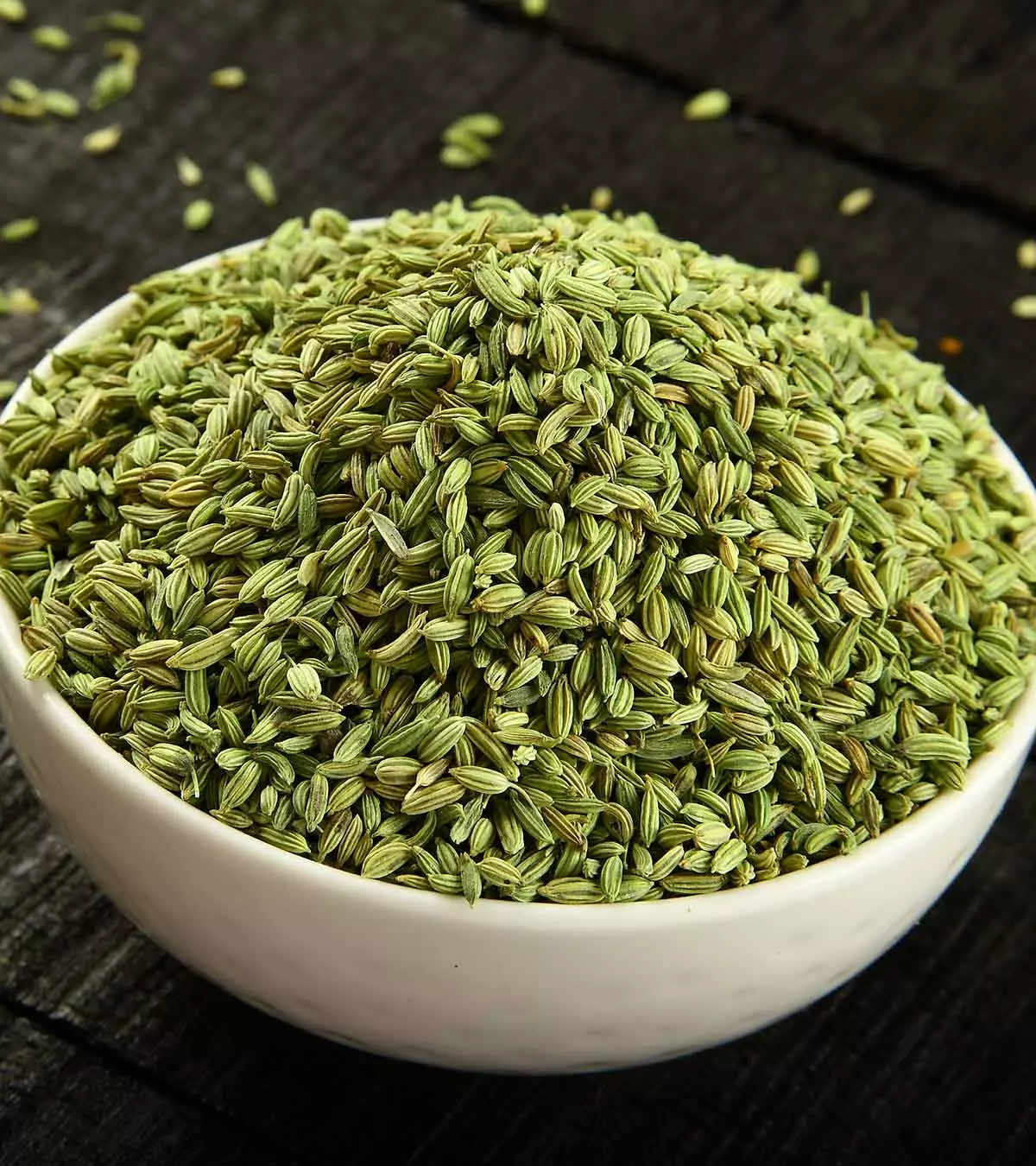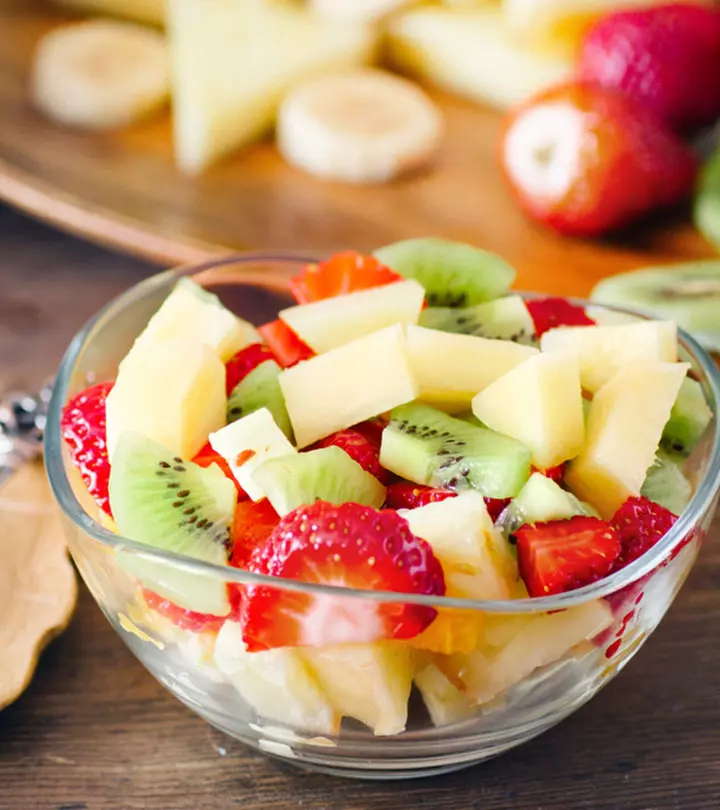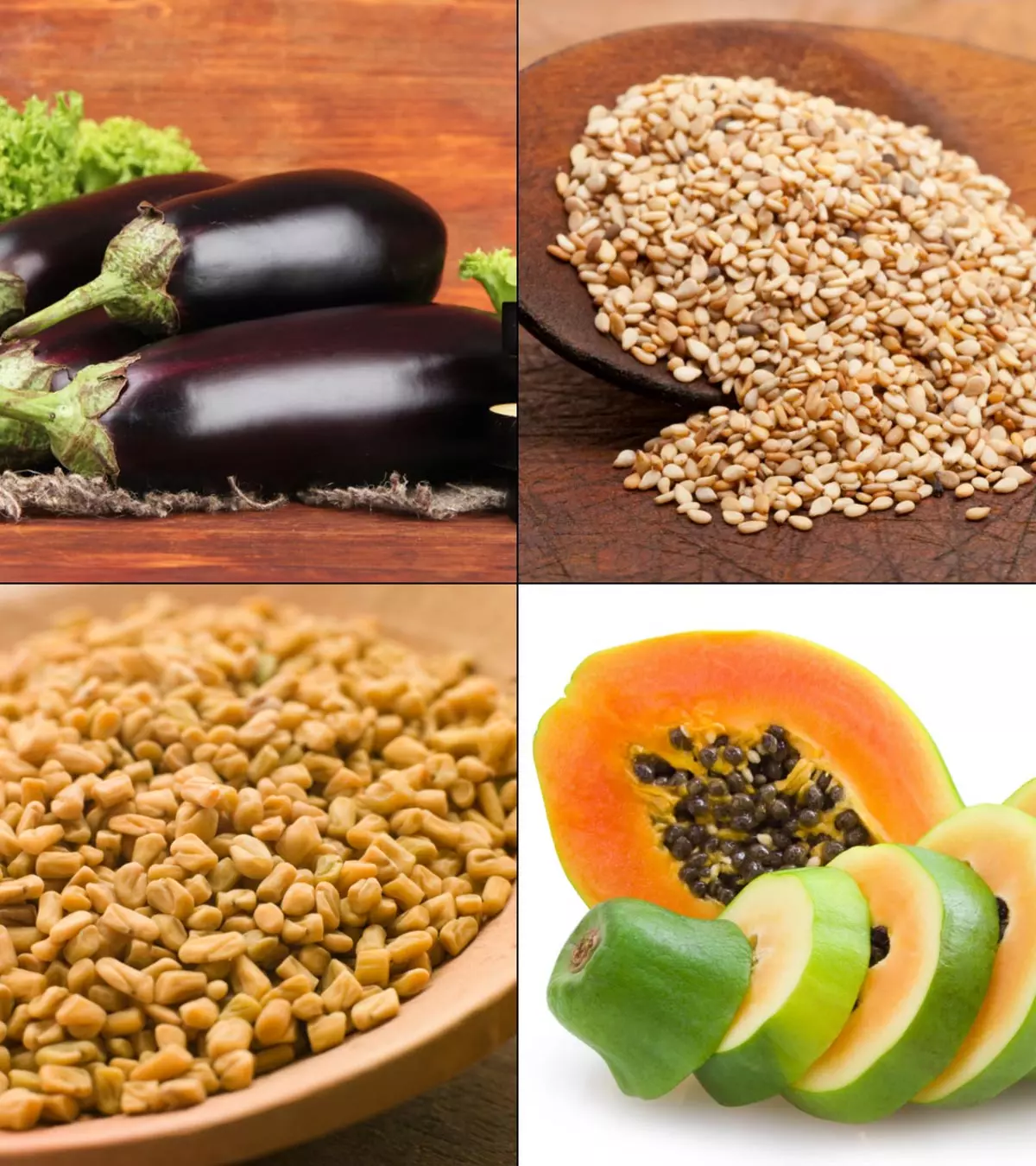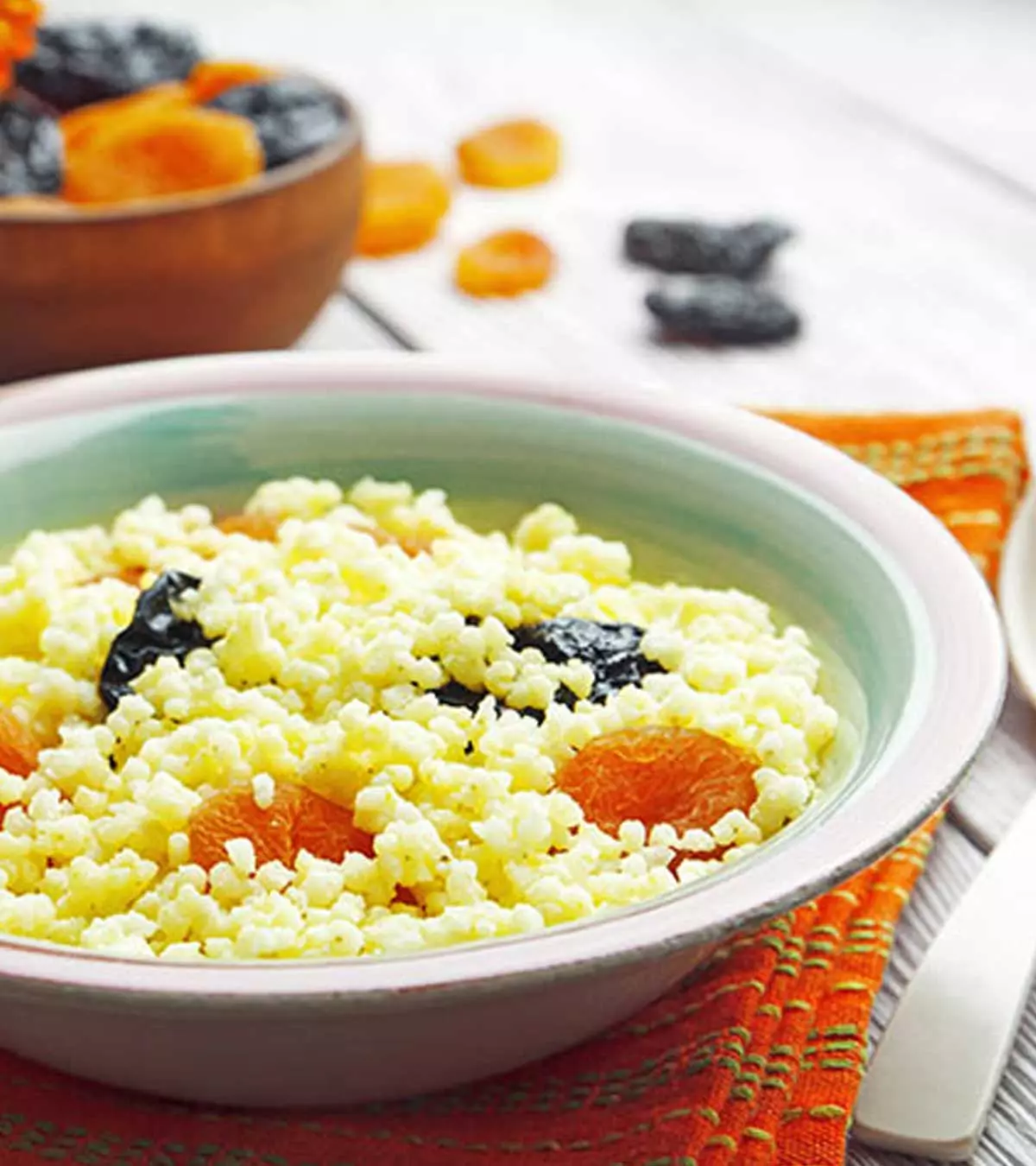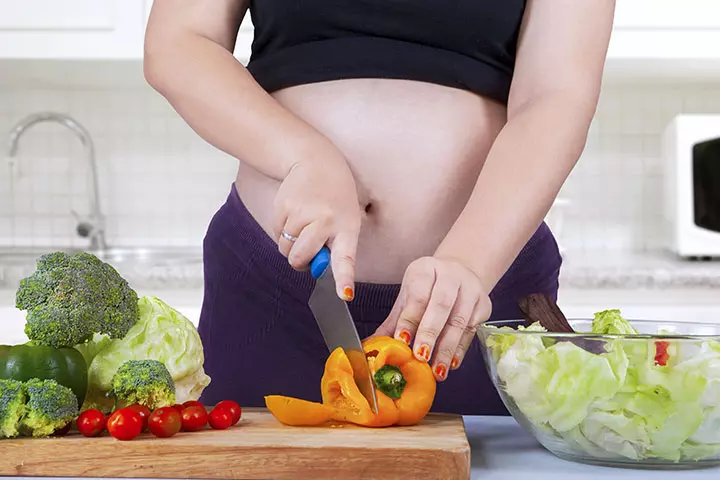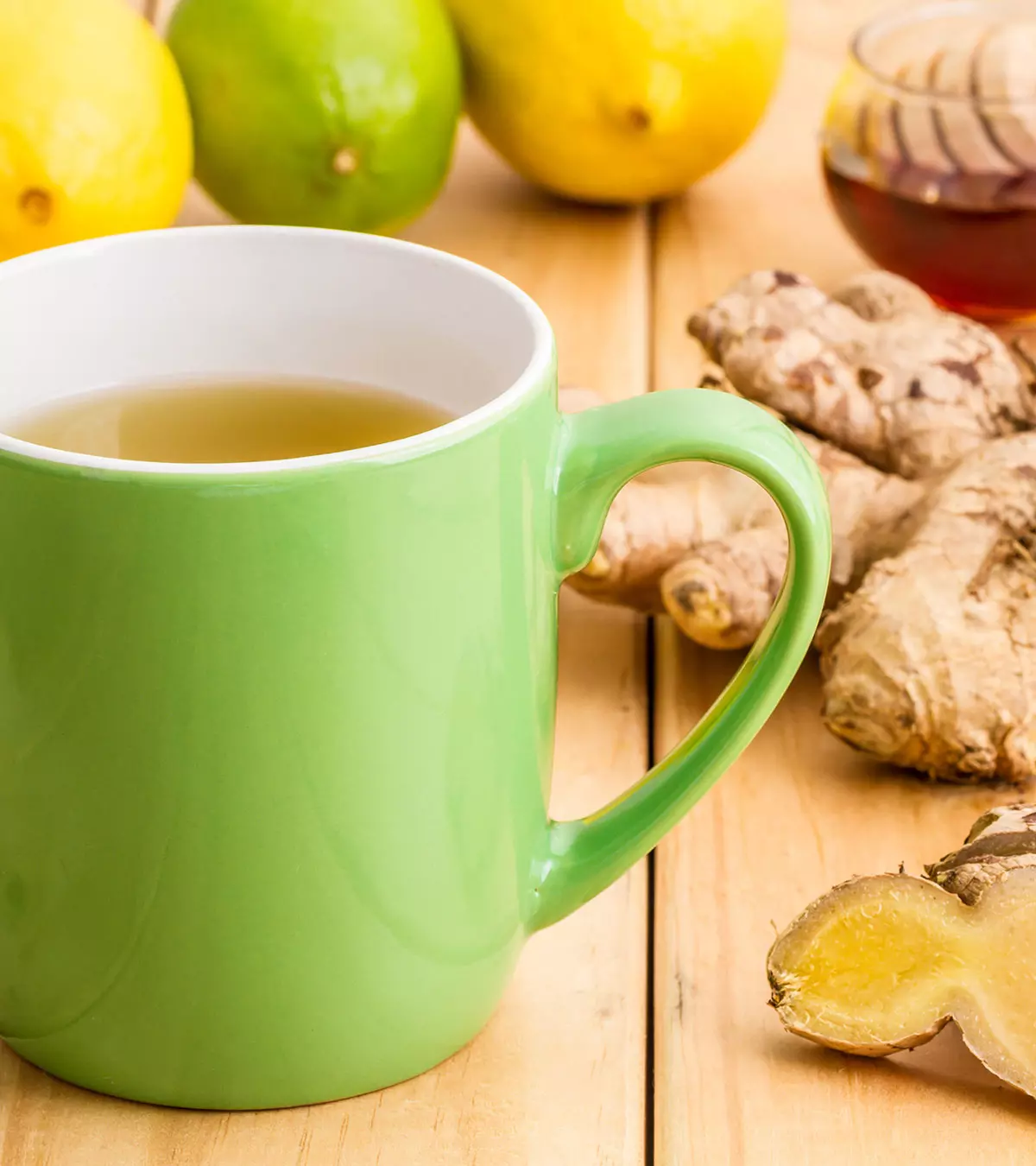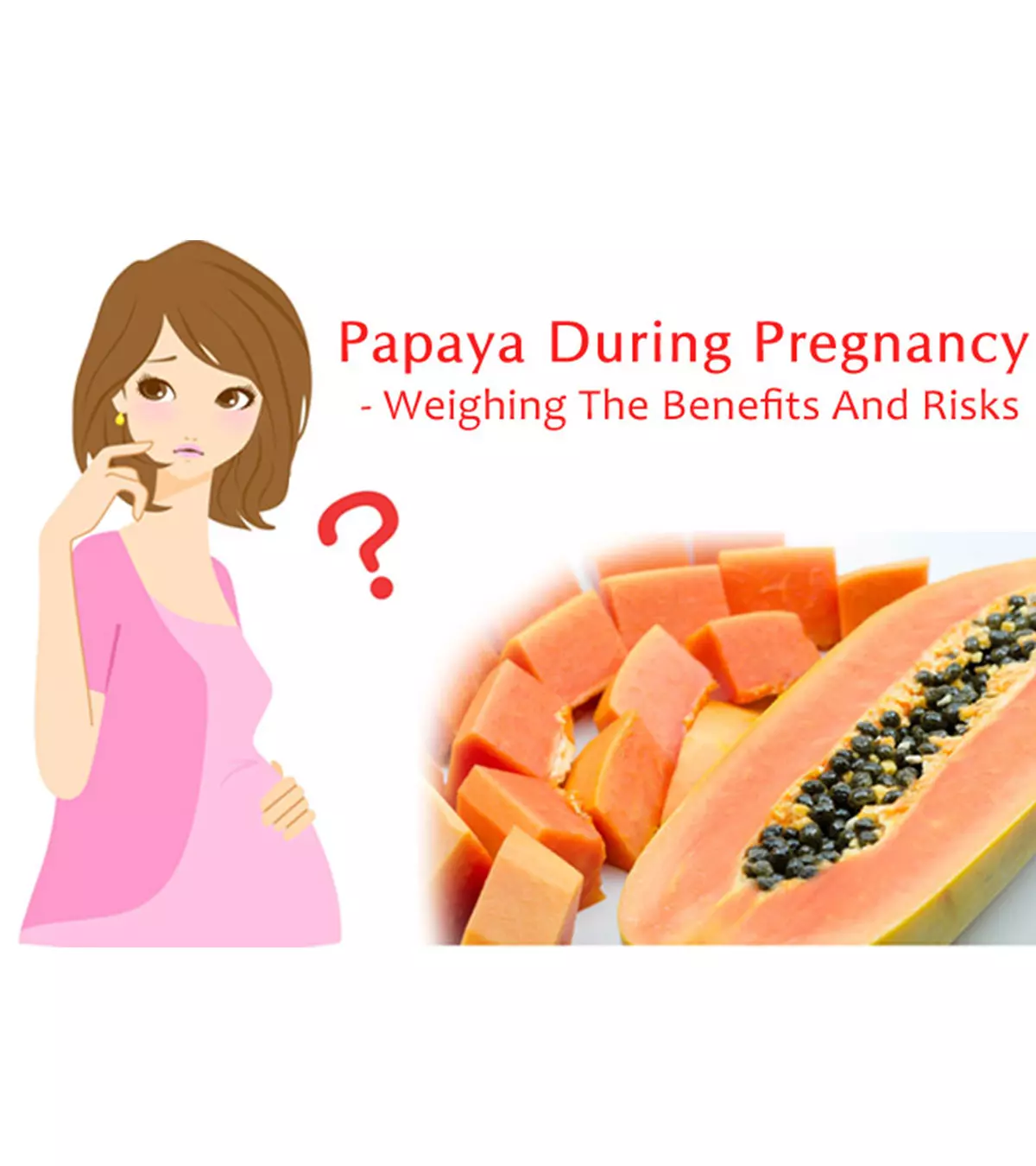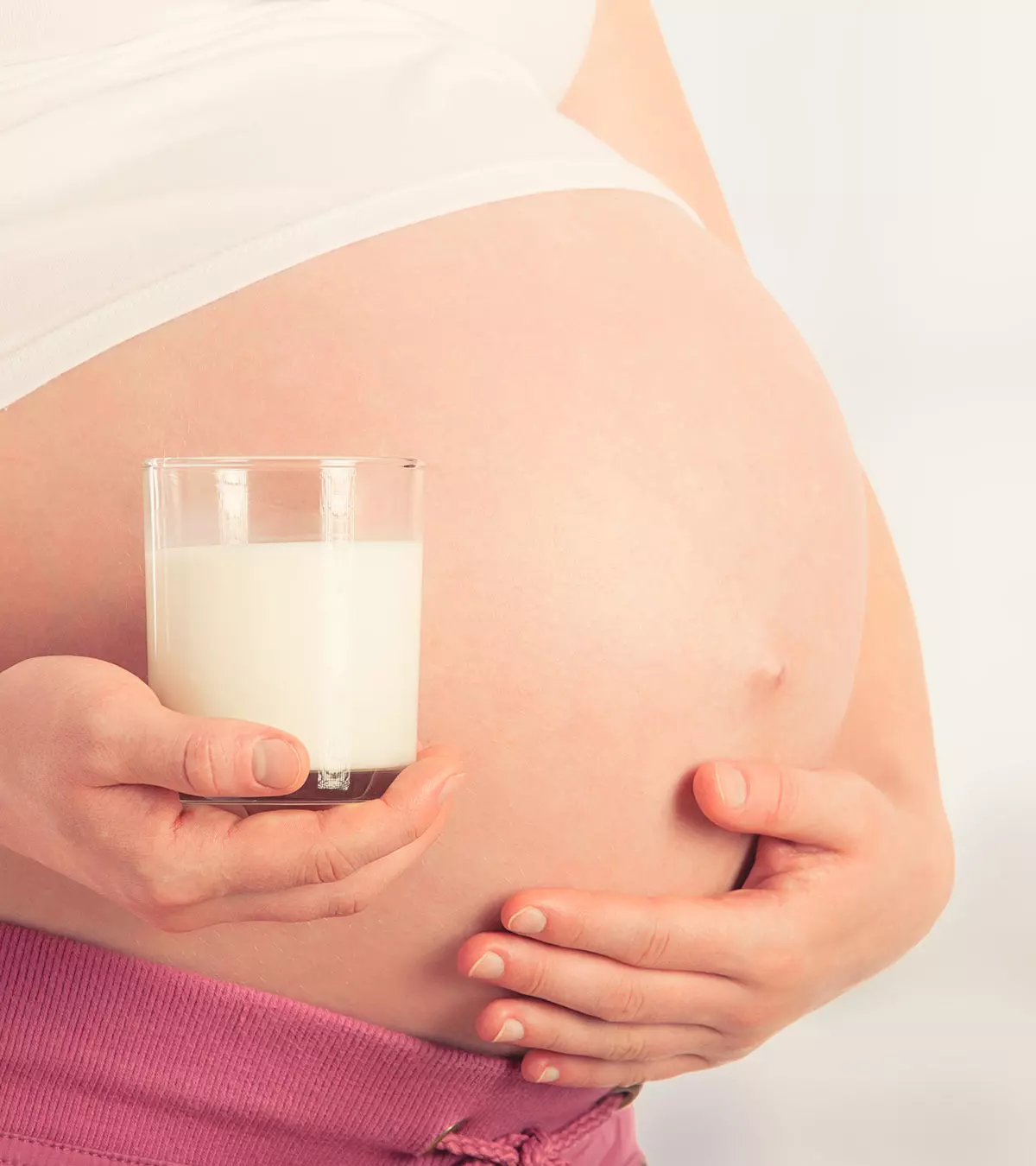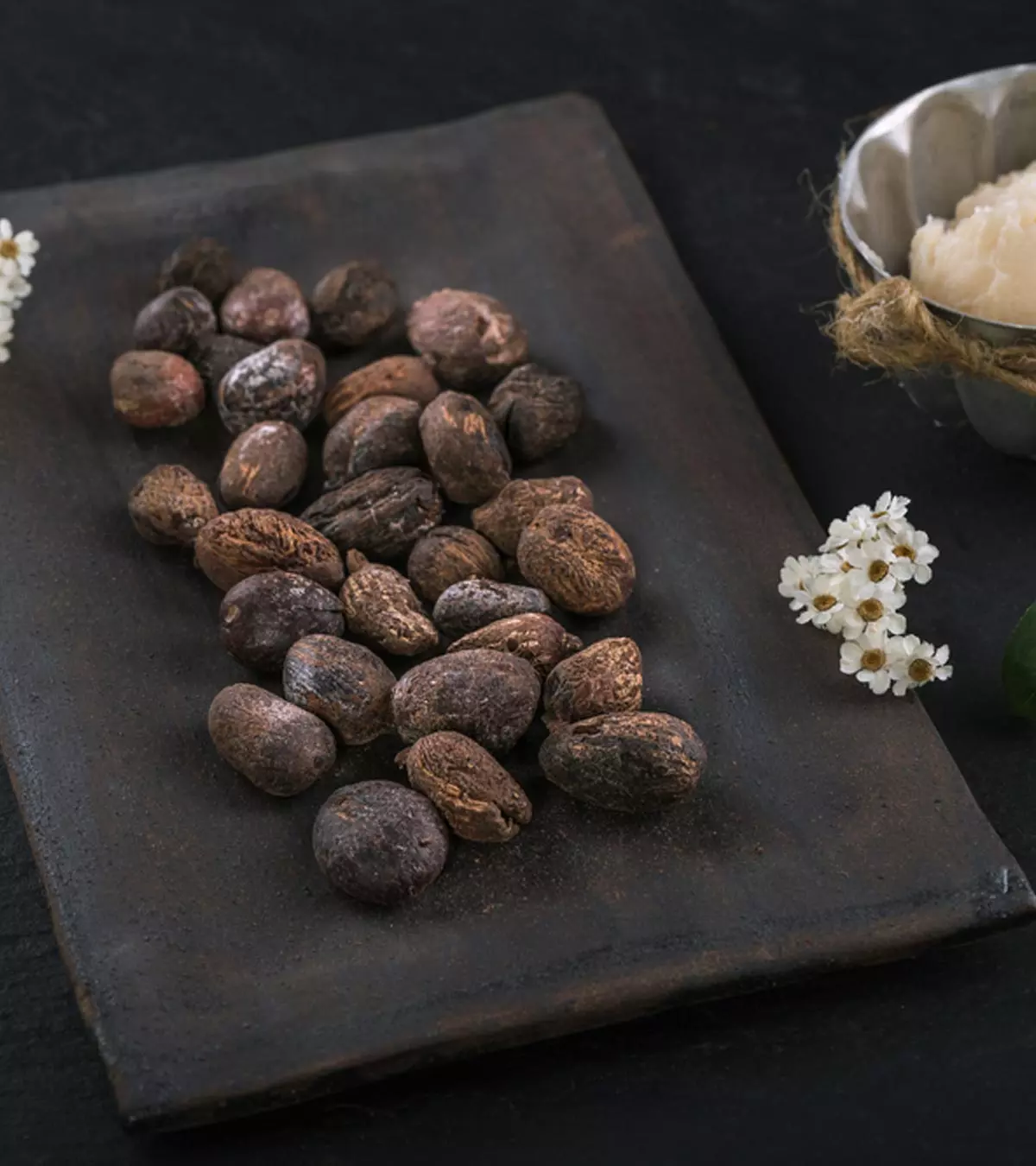
Image: Midjourney/ MomJunction Design Team
The craving to drink tea while expecting is real, and if you are looking for a tea that contains less or no caffeine, you should give this post a read to learn if you can drink Lipton tea during pregnancy.
Lipton tea offers many health benefits, but it is wise to check whether it is safe for pregnant women. It is essential you understand the safety and health risks associated with consuming Lipton tea. Read our post to learn everything about drinking Lipton tea during your prenatal phase.
Key Pointers
- To limit fetal exposure to a specific ingredient, consider drinking different herbal teas. However, avoid making herbal tea from plants you’ve picked up.
- Drinking Lipton tea while pregnant has several benefits, such as providing essential antioxidants, boosting immunity, and offering anti-inflammatory benefits.
- Be cautious when drinking Lipton green or black tea since they contain caffeine.
- Daily caffeine intake during pregnancy should not exceed 200mg.
- It is best to consult your physician regarding the amount of Lipton tea you should consume daily during pregnancy.
What Is Lipton Tea?
Lipton tea is an herbal tea containing natural ingredients. The tea has been highly popular globally for more than 100 years for its satisfying taste, quality, and health benefits. Lipton tea offers relaxation of your mind and prevents the risk of development of various health disorders when you have it while expecting.
 Point to consider
Point to considerHealth Benefits Of Having Lipton Tea During Pregnancy
Here are some health benefits of drinking Lipton tea while pregnant:
1. Boosts Your Immunity:
Lipton tea aids in boosting your immunity while expecting. The tea minimizes the risk of viral infections and ailments. You can enjoy a hot cup of Lipton tea to treat your maternity health.
2. Offers Anti-inflammatory Benefits:
Lipton tea has anti-inflammatory properties and helps treat several health problems, such as osteoporosisiA medical condition characterized by a loss of bone density, which increases the risk of fractures , rheumatoid arthritisiA chronic autoimmune disorder that causes inflammation, pain, and deformity in joints of the body , and other bone health related issues. Consuming black and green tea in pregnancy acts as a natural remedy to relieve the aches and pains related to this phase (1).
3. Provides Essential Antioxidants:

Image: Shutterstock
Even though Lipton tea is no substitute for fruits and vegetables, it is a rich source of antioxidants like flavonoidsiA group of naturally-occurring antioxidant and anti-inflammatory compounds found in plants and fruits . Its antioxidant properties are quite effective in neutralizing free radicals that cause cell damage and oxidative stress during pregnancy (2).
4. Enhances Cardiovascular Health:
Lipton tea is highly beneficial for your cardiovascular health during pregnancy
. Antioxidants like polyphenolsiA group of compounds, including flavonoids, phenolic acids, lignans, and stilbenes commonly found in plant-based foods in the tea aid in preventing any heart-related ailment. Drinking Lipton tea helps in lowering LDL cholesterol of expecting mothers with high blood lipids. Regular intake of it prevents cardiovascular diseases due to oxidative stress and proinflammation. (3)
5. Helps Maintain Appropriate Weight:
Lipton tea is full of nutrition, and its nutrients are highly beneficial for weight management during pregnancy. Drinking herbal teas during pregnancy helps you regulate your weight and prevents you from becoming obese while expecting.
Is Lipton Tea Safe During Pregnancy?
Lipton teas, including Lipton iced tea, are safe to drink in moderation during pregnancy. Excess intake may be unsafe due to the risk of surplus caffeine. Also, Lipton offers various types of tea, some of which contain higher caffeine levels than others. Therefore, knowing these differences in Lipton teas can help you choose the safest option during your pregnancy. Consider low-caffeine options, such as Lipton’s green tea and decaf teas, during pregnancy, and limit your intake to three to four cups per day.
Caffeine intake is limited to 200 milligrams per day during pregnancy. Drinking too many cups of Lipton tea may prevent your body from absorbing folic acid appropriately. Folic acid is crucial during the initial 12 weeks of pregnancy. Excessive intake of Lipton tea can increase the risk of development of neural tube defects, such as spina bifida, in the unborn baby.
Statistics from the US Centers for Disease Control and Prevention (US CDC) reveal that approximately 1,278 babies are born with spina bifida in the US each year. This highlights the importance of maintaining a balanced and informed approach to caffeine intake and ensuring adequate folic acid levels during pregnancy.
 Caution
CautionHealth experts advise against the excessive intake of tea as its caffeine content works as a diuretic. It can increase your frequency of urination, cause loss of essential salts and minerals, and lead to dehydration. Dehydration during pregnancy can prove dangerous for you and the little one in your womb. Hannah Whittaker, an expert pediatric and pregnancy dietitian from Liverpool, England, says, “Lipton tea contains caffeine which in moderate amounts has been shown in studies to lead to low-birth-weight babies or those small for gestational age.”
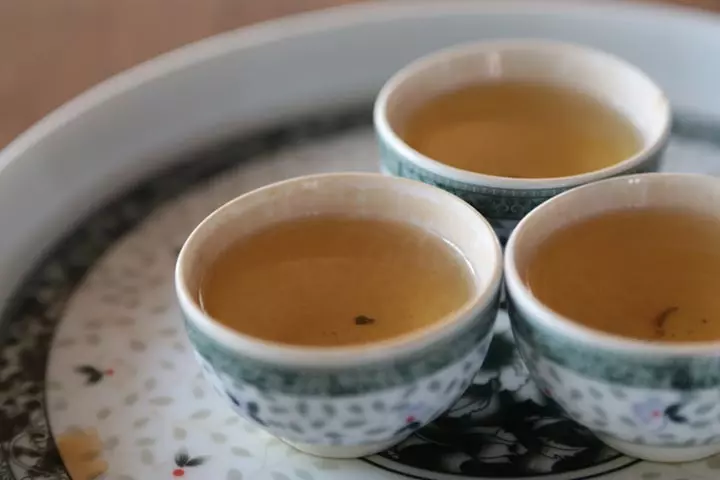
Image: Shutterstock
Remember to consult your physician regarding the quantity of Lipton tea you should have daily during pregnancy. Enjoy the refreshing beverage in moderation as an excess of anything during this delicate phase can prove dangerous for you as well as for your baby’s health.
Now you know all about the benefits of drinking Lipton tea. Why wait? Go ahead and spread the word!
Frequently Asked Questions
1. When should I take Lipton in pregnancy?
You may take Lipton green tea whenever you like a hot beverage. The ideal time could be morning or mid-afternoon.
2. Can Lipton green tea cause miscarriage?
The safety of Lipton green tea during pregnancy is doubted for its caffeine intake. Currently, limited studies are showing an association between caffeine and miscarriage. Moderate caffeine consumption is considered safe during pregnancy (4). But, it is always advisable to consult a doctor about its intake. Also, check the ingredients of the tea and show the list to your doctor.
3. Can I take Lipton tea in early pregnancy?
You may take green tea any time during pregnancy, provided you consume it in moderation. A caffeine intake of less than 200mg is considered safe during pregnancy (4). However, green tea may hinder iron absorption (5). Therefore, consult your doctor to know if you may consume green tea when pregnant and what amount you can consume.
4. Does Lipton tea induce labor?
“Due to the caffeine content of Lipton tea, it may induce labor if consumed in large amounts,” opines Whittaker.
5. Are there any alternatives to Lipton tea that are safe to drink during pregnancy?
Decaffeinated and herbal teas may be considered alternatives for Lipton tea during pregnancy after you obtain clearance from your health professional (8).
Herbal beverages are widely popular for their therapeutic benefits, and Lipton tea is no different. Sip on some Lipton tea during pregnancy to soak in its various benefits, such as increased immunity, pain relief, and maintenance of good heart health. However, consult your OB/GYN before drinking tea during pregnancy, as excess amounts may cause adverse reactions. It is safe to take in proper amounts during pregnancy and is considered an ideal beverage.
Infographic: Advantages Of Including Lipton Tea In The Pregnancy Diet
Herbal teas such as Lipton tea contain low amounts of caffeine and are relatively safe for consumption in small amounts during pregnancy to satisfy your caffeine cravings. In addition to flavor, these teas contain several health benefits, which have been outlined in the following infographic.

Illustration: Momjunction Design Team
Illustration: Is It Safe To Have Lipton Tea During Pregnancy?

Image: Stable Diffusion/MomJunction Design Team
In pregnancy, you have to be extremely cautious of what food you consume. So, wondering if it’s okay to drink lemon water or green tea? Watch this video to find out!
References
- Evaluation Of Anti-Inflammatory Effects Of Green Tea And Black Tea: A Comparative In Vitro Study.
https://www.ncbi.nlm.nih.gov/pmc/articles/PMC3401676/ - Evaluation Of The Antioxidant Properties Of Fruit And Flavoured Black Teas.
https://www.ncbi.nlm.nih.gov/pmc/articles/PMC3215868/ - Green Tea Polyphenols As An Anti-Oxidant And Anti-Inflammatory Agent For Cardiovascular Protection.
https://pubmed.ncbi.nlm.nih.gov/17584048/ - Moderate caffeine consumption during pregnancy.
https://www.acog.org/clinical/clinical-guidance/committee-opinion/articles/2010/08/moderate-caffeine-consumption-during-pregnancy - Frank S. Fan; Iron deficiency anemia due to excessive green tea drinking.
https://www.ncbi.nlm.nih.gov/pmc/articles/PMC5093162/ - Herbal teas during pregnancy and breastfeeding; Pregnancy, Birth and Baby.
https://www.pregnancybirthbaby.org.au/herbal-teas-during-pregnancy-and-breastfeeding - Tea; Oregon State University.
https://lpi.oregonstate.edu/mic/food-beverages/tea - Tea.
https://nutritionsource.hsph.harvard.edu/food-features/tea/
Community Experiences
Join the conversation and become a part of our nurturing community! Share your stories, experiences, and insights to connect with fellow parents.
Read full bio of Dr. Irene (Eirini) Orfanoudaki
- Hannah Whittaker is an expert pregnancy and pediatric dietitian with nearly 20 years of experience, the last 7 years as a registered dietitian. She manages her private practice Bump2baby Nutrition in the UK, having done her graduation in community nutrition and dietetics from Liverpool John Moores University & University of Chester respectively.
 Hannah Whittaker is an expert pregnancy and pediatric dietitian with nearly 20 years of experience, the last 7 years as a registered dietitian. She manages her private practice Bump2baby Nutrition in the UK, having done her graduation in community nutrition and dietetics from Liverpool John Moores University & University of Chester respectively.
Hannah Whittaker is an expert pregnancy and pediatric dietitian with nearly 20 years of experience, the last 7 years as a registered dietitian. She manages her private practice Bump2baby Nutrition in the UK, having done her graduation in community nutrition and dietetics from Liverpool John Moores University & University of Chester respectively.
Read full bio of Ria Saha
Read full bio of Swati Patwal
Read full bio of Lorraine Teron












